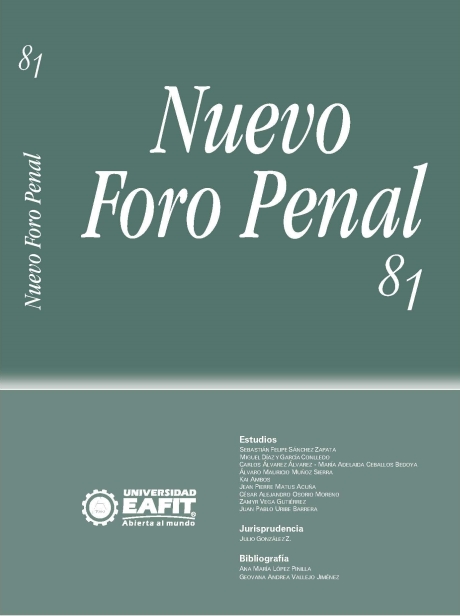Exegetical problems in the modalities of insider trading (art . 285 Spanish penal code ) .
Main Article Content
Keywords
Insider trading, Due-diligence, omission, criminal law.
Abstract
The use of privileged stock information, better known in the Anglo-American law as insider trading or in French law as a crime of insiders, is a relatively recent offense in Spanish punitive system, even though legislation in several European countries has already established, for some years, criminal penalties for practices that undermine the proper functioning of the stock market. In this sense, the Spanish legislator has opted for the criminalization of only two of the four possible patterns of conduct established by the LMV, namely: the use and supply of insider information. Of these two typical conducts listed in art. CP 285, the first faces major problems of interpretation, mainly in the field of improper omission, apart from its questionable application to certain special features to trade securities, v. gr., conducting operations of buying and selling insider securities arising from implementation of a due diligence review (Due-Diligence), the pledge of securities affected by the information or trade execution own advanced to the customer’s order (front-running), among others.

